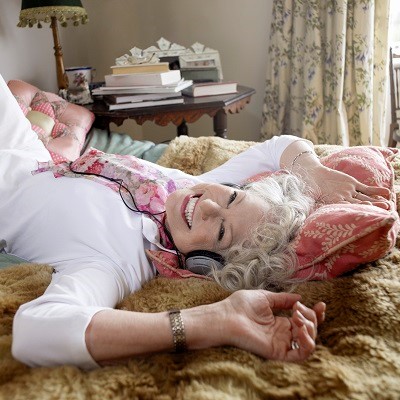 Stress kills, and too often people ignore their stress levels until it is too late, and they find that the stress had had a major impact on their mental and emotional health and quality of life.
Stress kills, and too often people ignore their stress levels until it is too late, and they find that the stress had had a major impact on their mental and emotional health and quality of life.
We are all undoubtedly familiar with the phrase “fight or flight” and its significance as it pertains to our bodies’ ability to correctly distinguish between situations that are or are not of serious consequence.
Meant to heighten our awareness of potentially dangerous external stimuli, the stress response is all too often called upon unnecessarily by our brains being bombarded with everyday stressors.
More so than any period in our history, our collective attention is almost constantly diverted by external stimuli, and there is not much time allotted for the mind to decompress, which it so desperately needs to function properly.
In an era where gathering as much information as quickly as possible is overvalued, mental health suffered, as illustrated in the countless millions affected by depression and other mental health issues.
Consequently, relaxation is crucial to overall mental health. In light of this, intentionally finding methods by which relaxation is attained is equally important.
Behavioral therapists the world over often incorporate a series of systematic relaxation techniques -together known as Biofeedback-which are intended to gradually reduce psychological anxieties and stressors via breathing and lowering of the heart rate through meditation. As the name suggests, the recorded heart rate, etc. noted during this therapy is taken into account in terms of how the mind responds in turn.
An article by Semantic Scholar details popular methods that have been documented as successfully reducing even severe anxieties, including the aforementioned Biofeedback approach.
“Biofeedback is one of the most useful adjuncts in treating physiologic hyperarousal-both episodic and chronic-seen in anxiety disorders. It has also proved helpful for patients who are learning to reduce fearful anticipation triggers through cognitive/behavior therapies.”
Different things relax different people. For instance, while silence affords some the opportunity to peacefully reflect, music can accomplish the same purpose for other. Each of us is familiar with what does and does not have a calming effect on our minds.
The key is to make calming influences a priority, recognizing the importance of facilitating an environment in which our respective brains can thrive.
Sometimes, the most effective means of relaxing is sleep. Depriving the brain of sleep also deprives it of the energy it needs to operate optimally, or even minimally.
Technically, less than seven hours of sleep in a given night is considered sleep deprivation, and in addition to being linked to other significant issue such as heart disease and diabetes, it drastically affects mental health. Studies suggest reducing exposure to artificial light from iPads, phones, and television before bedtime in order to better ensure that the brain gets the rest it desperately needs.
A Harvard Medical School study cites a growing trend that provides very real dividends to brain health by actively reducing stress that impedes neurological processes. Stress is the reasons behind about 80% of doctor visits, and is the third leading cause of health care expenditures, with heart disease and cancer being first and second.
Mind-body exercises, including meditation and yoga help reduce stress and elicit the relaxation response in the body, which helps reduce levels of the stress hormone cortisol.
Furthermore, both practices offer numerous mental, emotional, and physical health benefits, helping you to be more well, overall, which supports brain health.
Physical health is often dictated by mental health, so it is imperative to remain committed to mental health. This modern era of incessant texts, calls, emails, and social media updates do not make it easy, but breaking away from it to allow our brains to breathe, so to speak, must be as much a part of one’s schedule as those deadlines and to-do lists.
Whatever means you find most helpful, relaxation, both mental and physical, is paramount to living a healthy life.






